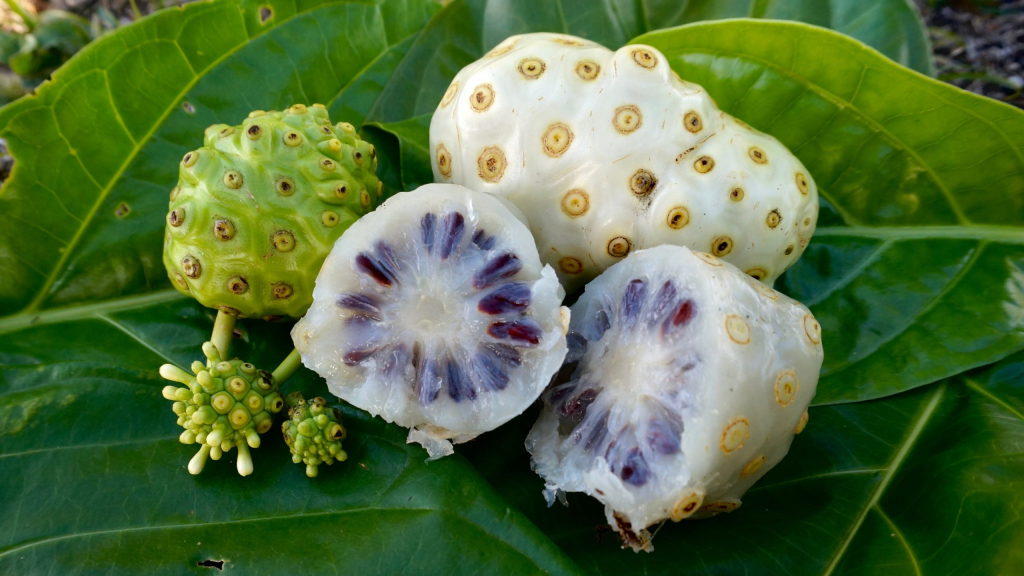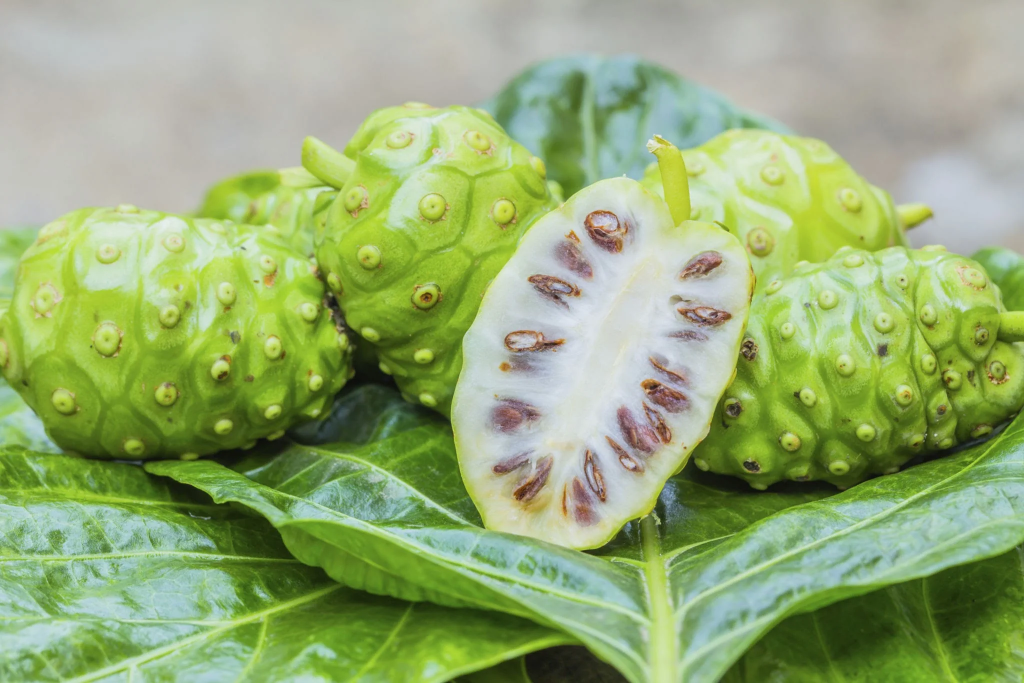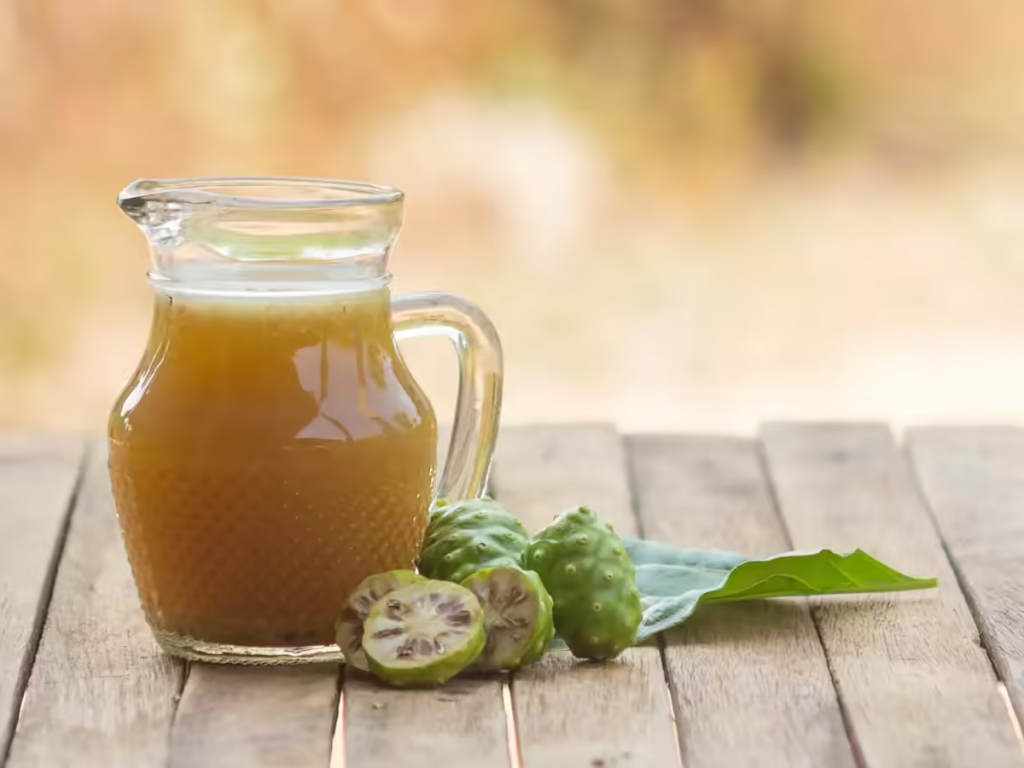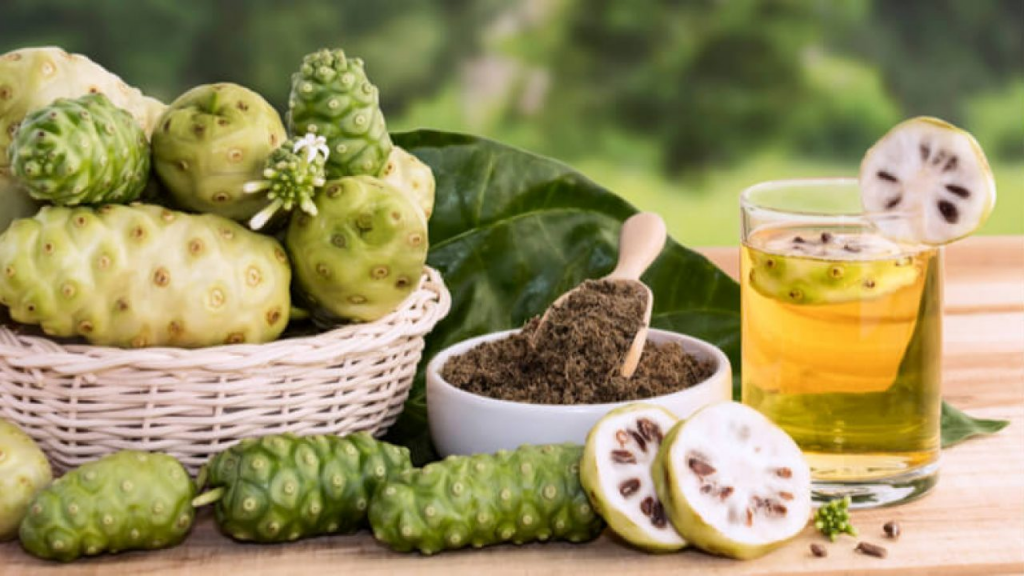Few fruits spark as much curiosity and debate as the noni fruit. Sometimes called the “cheese fruit” because of its pungent smell, noni (Morinda citrifolia) has been used in traditional Polynesian medicine for more than 2,000 years. Today, it’s gaining global attention as a wellness superfood, often featured in juices, supplements, and natural remedies.
According to market research, the noni juice industry alone is valued at nearly $400 million annually, with demand continuing to rise as people search for natural ways to boost energy, immunity, and vitality. But what makes this tropical fruit so unique? Why are millions of people adding it to their daily routines despite its unusual taste and smell?
This article explores everything you need to know about noni fruit: its history, nutritional profile, potential benefits, and how to incorporate it into your lifestyle. By the end, you’ll understand why this tropical secret has become a symbol of vibrant health across cultures—and whether it deserves a spot in your wellness plan.

What Is Noni Fruit?
Noni is a small evergreen tree native to Southeast Asia, Australasia, and the Pacific Islands. Its fruit is oval-shaped, green to yellow-white when ripe, and has a strong, distinctive odor.
Traditionally, noni has been used in multiple ways:
- Polynesian medicine: For energy, skin conditions, and overall resilience.
- Topical applications: Leaves and fruit poultices applied to the skin for minor irritations.
- Modern uses: Consumed as juice or capsules for general wellness.
Though scientific studies are still emerging, noni is packed with phytonutrients, antioxidants, and compounds that explain why it has endured as a natural health ally.
Nutritional Profile of Noni
Noni may not win awards for flavor, but its nutrition speaks for itself.

| Nutrient | Function in the Body | Source in Noni |
|---|---|---|
| Vitamin C | Supports immunity and skin health | High |
| Potassium | Balances fluids and muscle function | Moderate |
| Antioxidants | Fight oxidative stress | Present in fruit and juice |
| Scopoletin | Studied for anti-inflammatory effects | Found in noni pulp |
| Flavonoids | Protect cells from free radicals | Naturally occurring |
This blend of nutrients makes noni a potential tool for supporting overall health, especially when combined with a balanced diet.
The Potential Health Benefits of Noni
1. Supports Immunity
Noni juice is often consumed to strengthen immune defenses. Thanks to its vitamin C and antioxidant content, it may help your body resist everyday stressors and environmental challenges.
2. Promotes Energy and Vitality
Many users report feeling more energetic after drinking noni juice regularly. While not a stimulant, its nutrients may help the body fight fatigue naturally.
3. May Aid Digestion
Traditional practices used noni to soothe digestive issues. The fiber and phytochemicals it contains could contribute to smoother digestion and reduced bloating.

4. Antioxidant and Anti-Inflammatory Support
Oxidative stress is linked to aging and chronic discomfort. Noni contains antioxidants and compounds like scopoletin that may play a role in calming inflammation.
5. Supports Skin and Hair Health
Applied topically or consumed internally, noni has been linked to clearer skin and stronger hair in traditional medicine. Some wellness enthusiasts use noni-based oils and creams as part of their beauty routines.
How to Use Noni in Daily Life
1. Noni Juice
- How to use: Drink 30–60 ml daily, usually on an empty stomach.
- Taste tip: Mix with grape or pineapple juice to mask the strong flavor.

2. Noni Capsules or Powder
- How to use: Convenient for those who dislike the fruit’s odor. Follow manufacturer guidelines.
- Benefit: Provides concentrated nutrients in an easy-to-take form.
3. Fresh Noni Fruit
- How to use: Rarely eaten raw due to its smell, but sometimes blended into smoothies.
- Tip: Combine with honey or citrus for a more palatable taste.
4. Topical Noni Products
- How to use: Creams, oils, and poultices applied to the skin.
- Benefit: Supports skin hydration and traditional soothing practices.
Real-Life Experiences
- Maria, 46: “I started drinking noni juice every morning. At first, the taste was tough, but after two weeks, I noticed I had more energy during my workday.”
- James, 34: “As an athlete, I look for natural recovery options. Noni juice helped me feel less sore after workouts.”
- Lani, 52: “In my culture, noni was always used by elders. I now use it for digestion, and it’s something I’ve passed on to my kids.”

Safety and Considerations
- Moderation is key: Too much noni juice may cause digestive upset.
- Potassium levels: If you have kidney issues or take medications affecting potassium, consult your doctor.
- Pregnancy and breastfeeding: Safety is not fully established—speak to a healthcare provider.
- Interactions: Noni may interfere with certain medications; professional advice is essential.
Conclusion
Noni fruit may not appeal to the taste buds, but its nutritional power and long history of use make it a fascinating addition to modern wellness. Whether you drink it as juice, take it in supplement form, or apply it topically, noni can support energy, immunity, digestion, and skin health.
Quick Takeaways
Is noni a superfood?
It’s nutrient-dense and antioxidant-rich, often considered a natural health booster.
How much should I drink daily?
30–60 ml of juice is common, but always start small.
Does it replace medical treatment?
No. Noni supports wellness but should never replace professional care.
Is the taste worth it?
Most say yes once they notice the benefits, especially when mixed with sweeter juices.
Disclaimer: This content is for informational purposes only and does not replace professional medical advice. Always consult your healthcare provider before adding new remedies to your routine.




